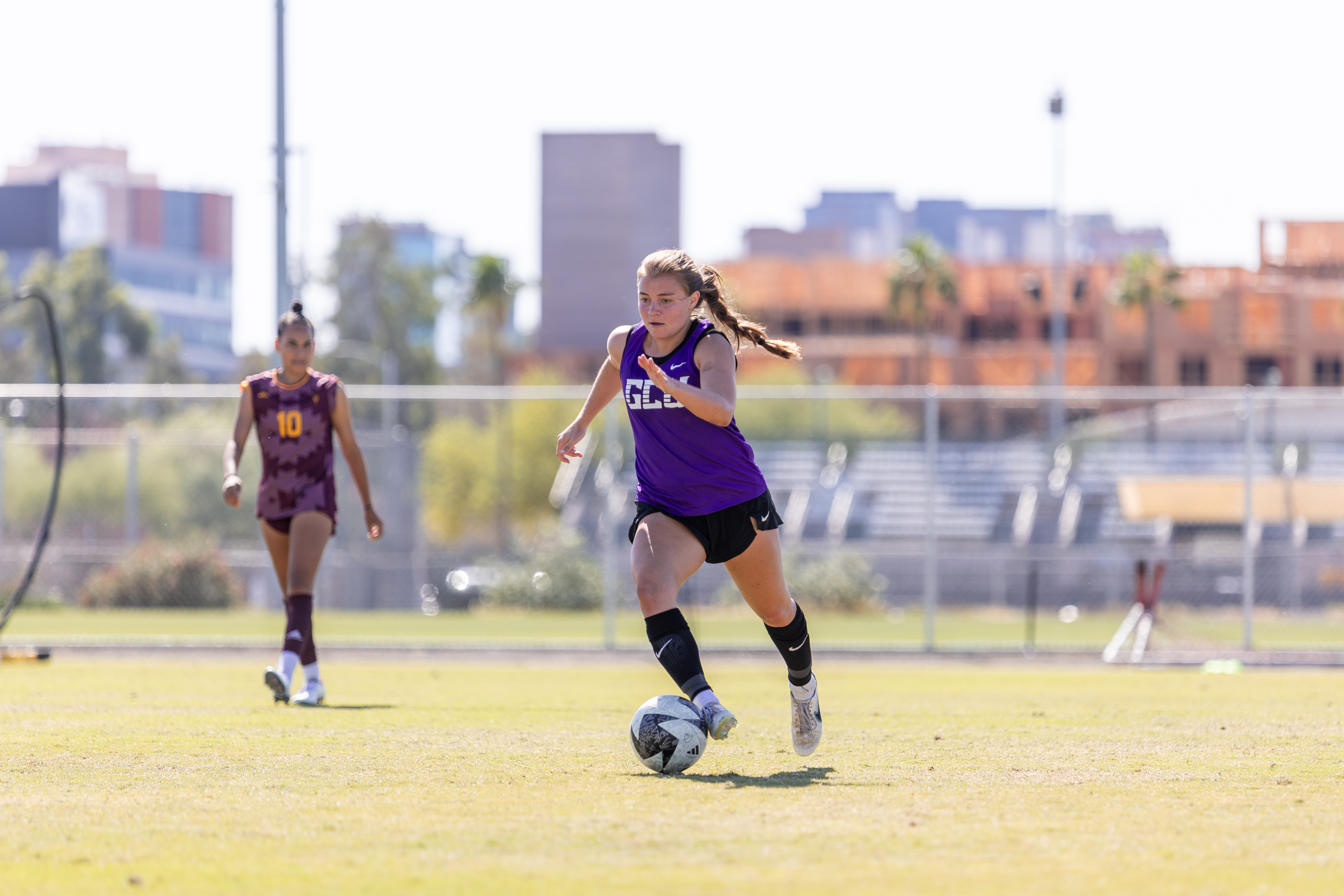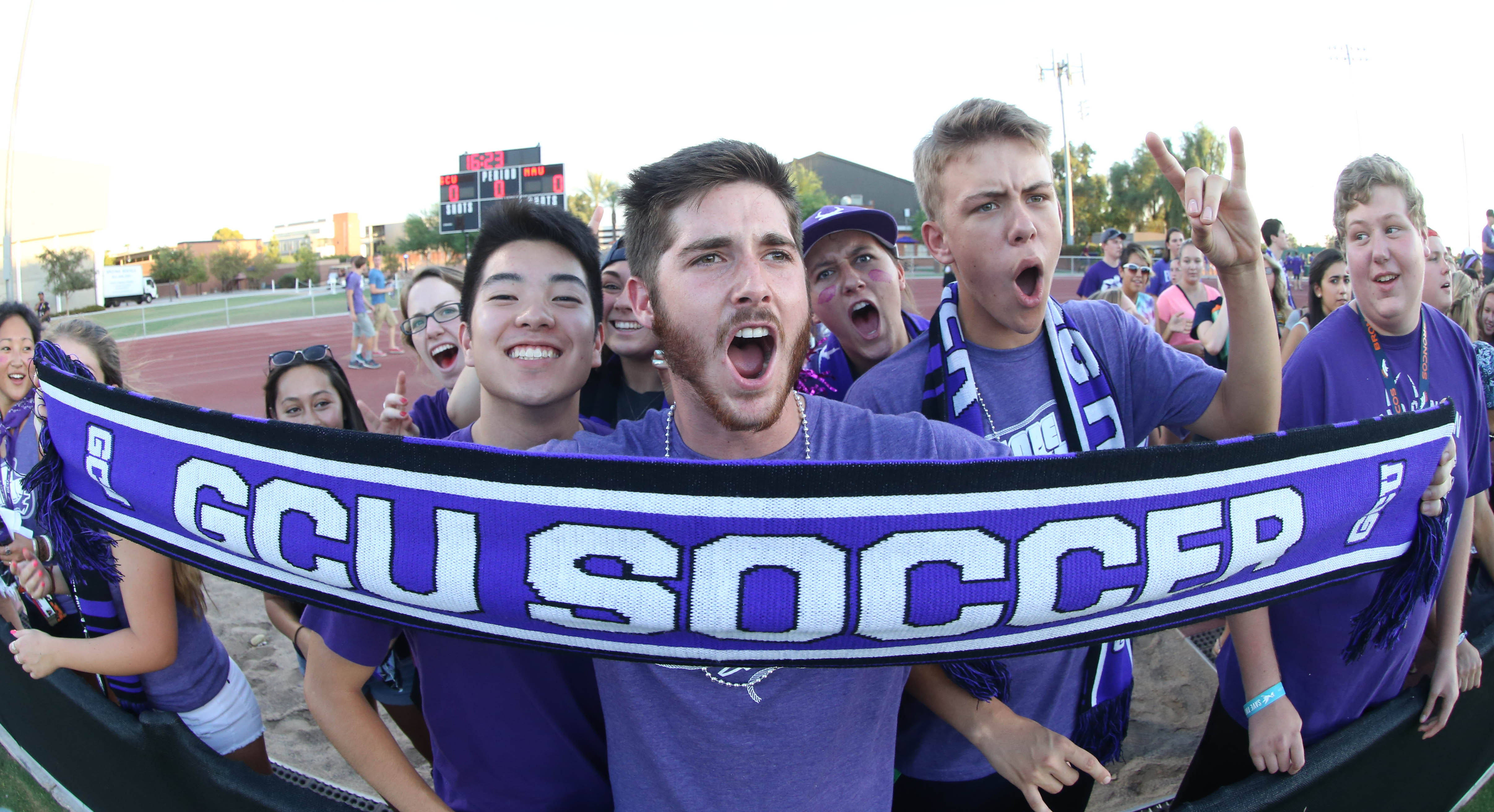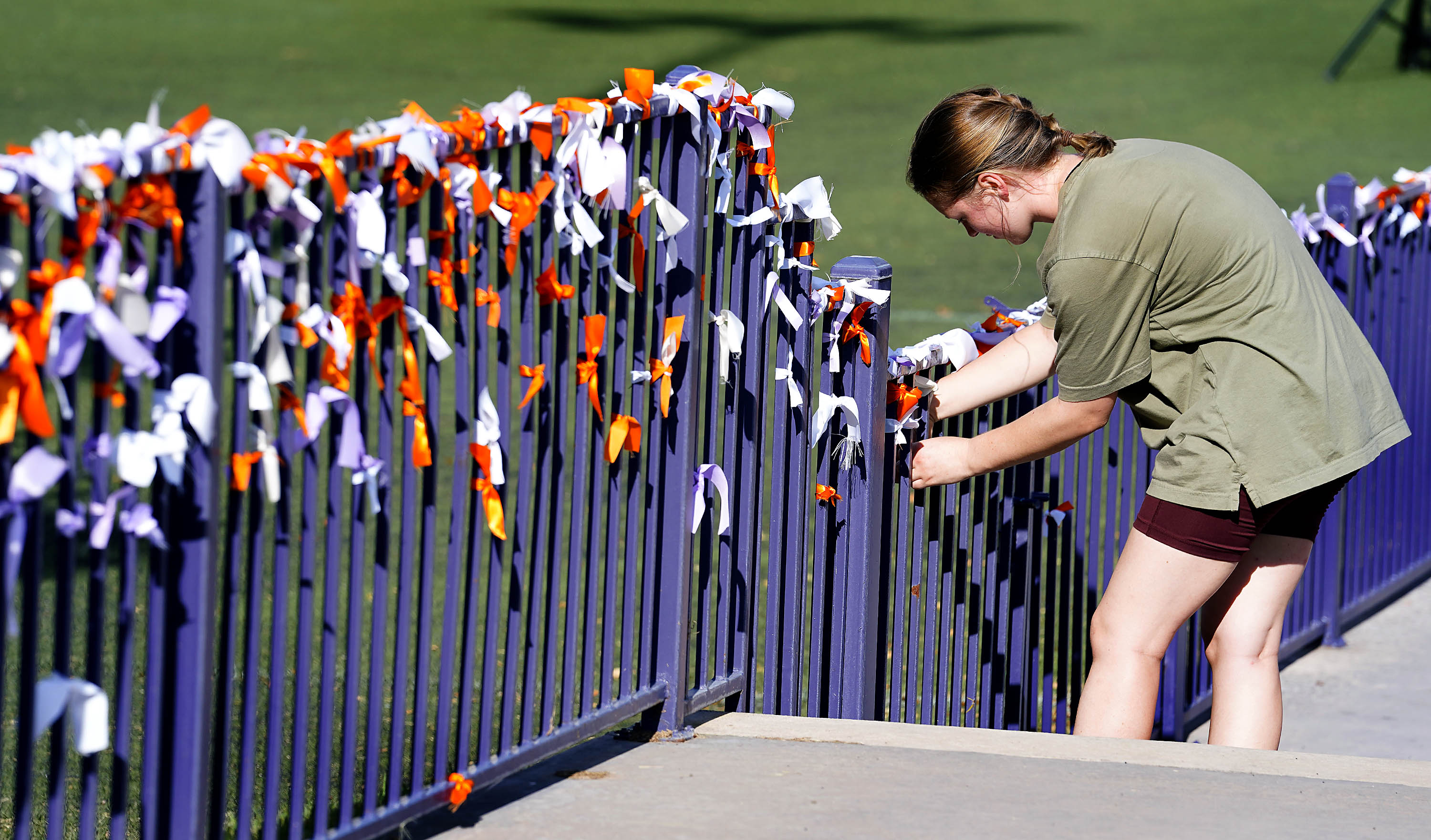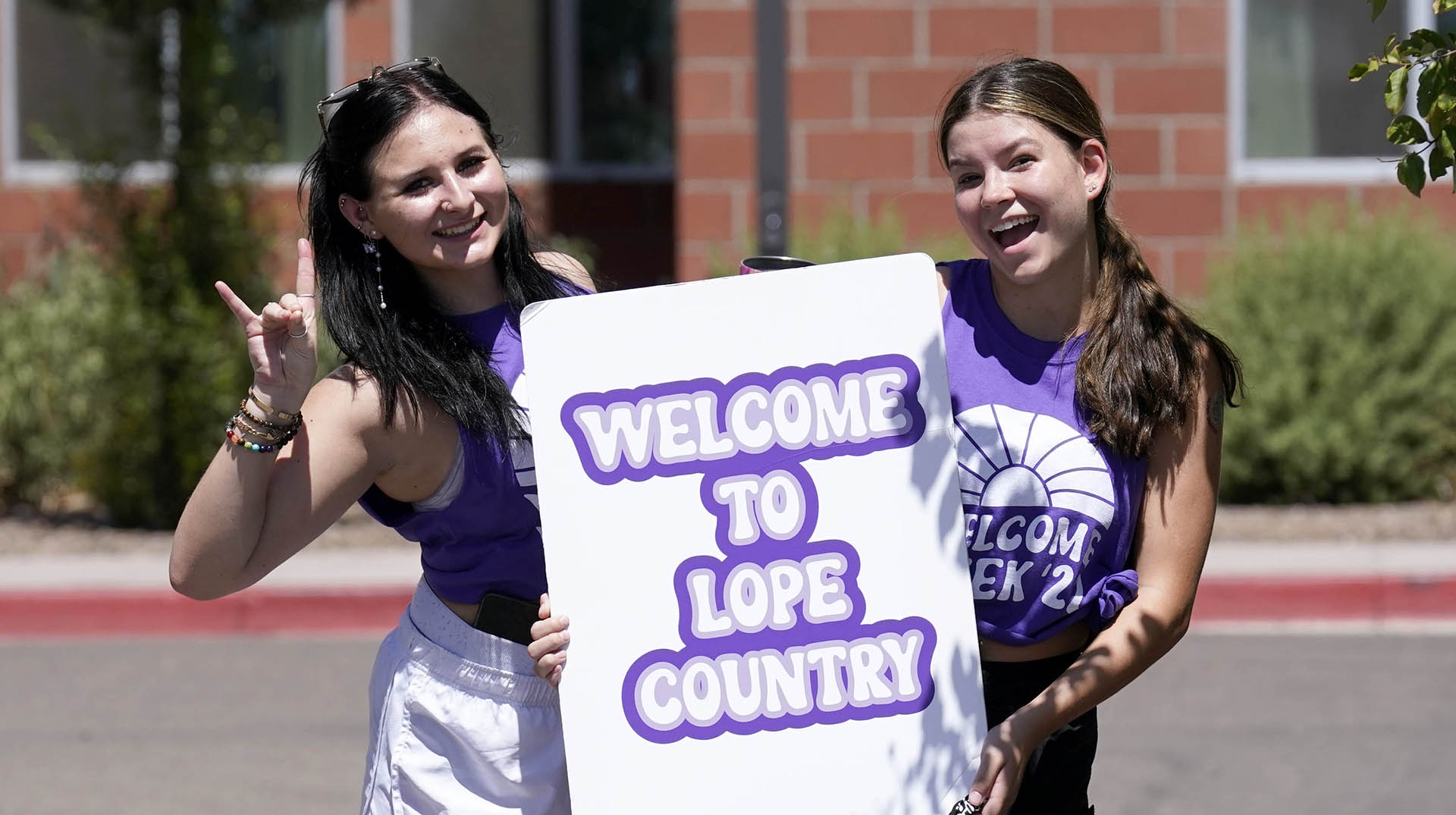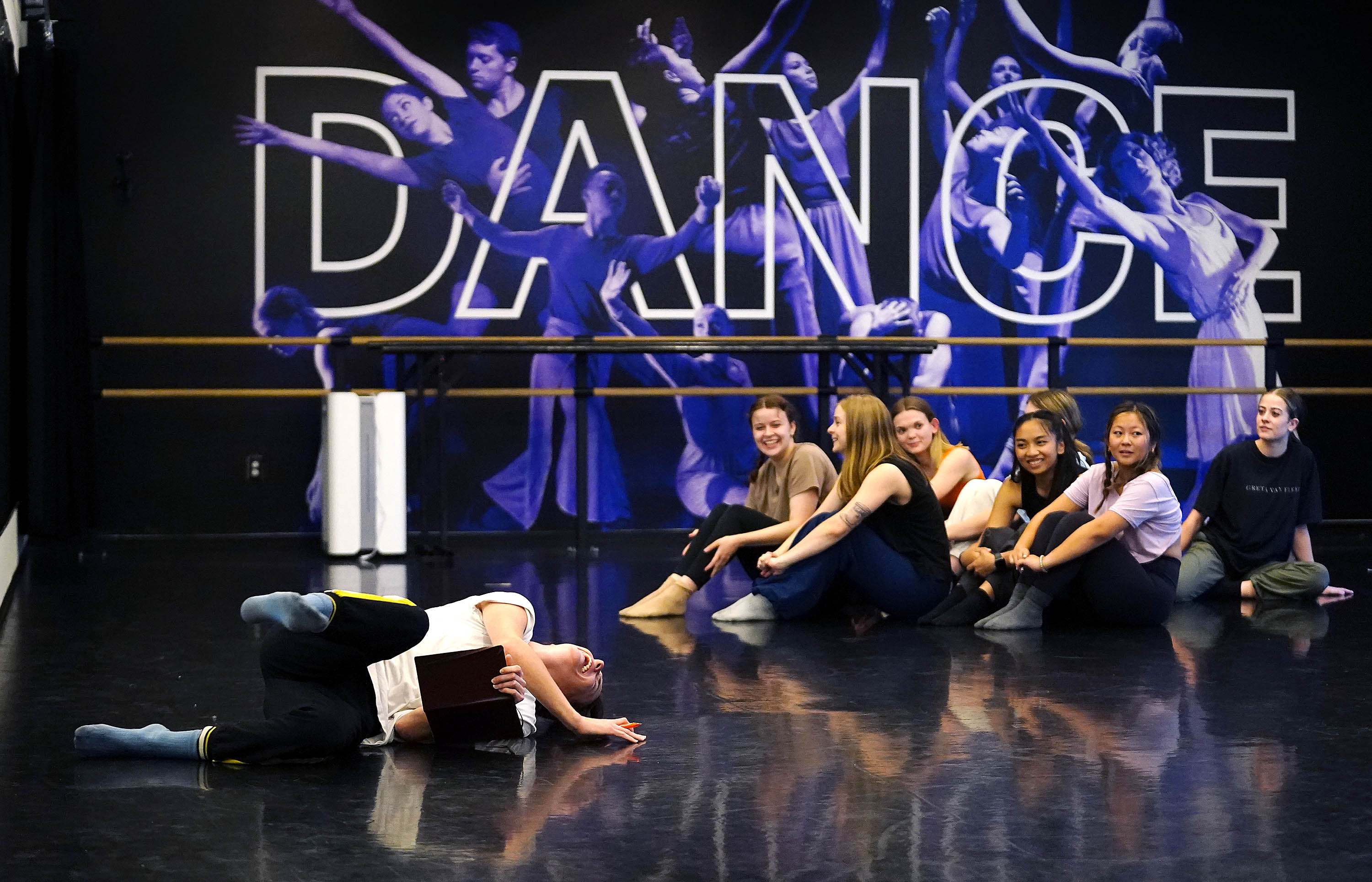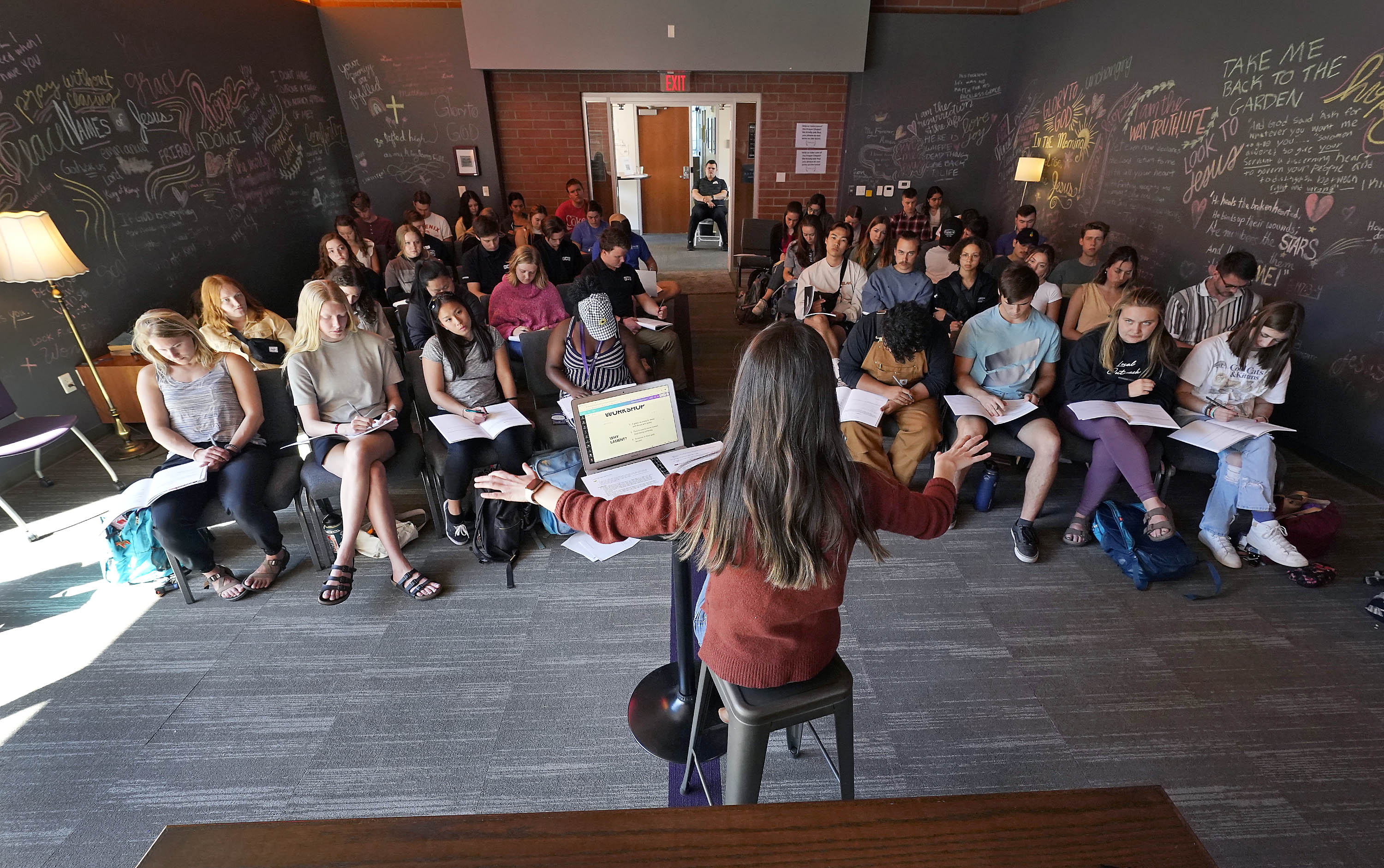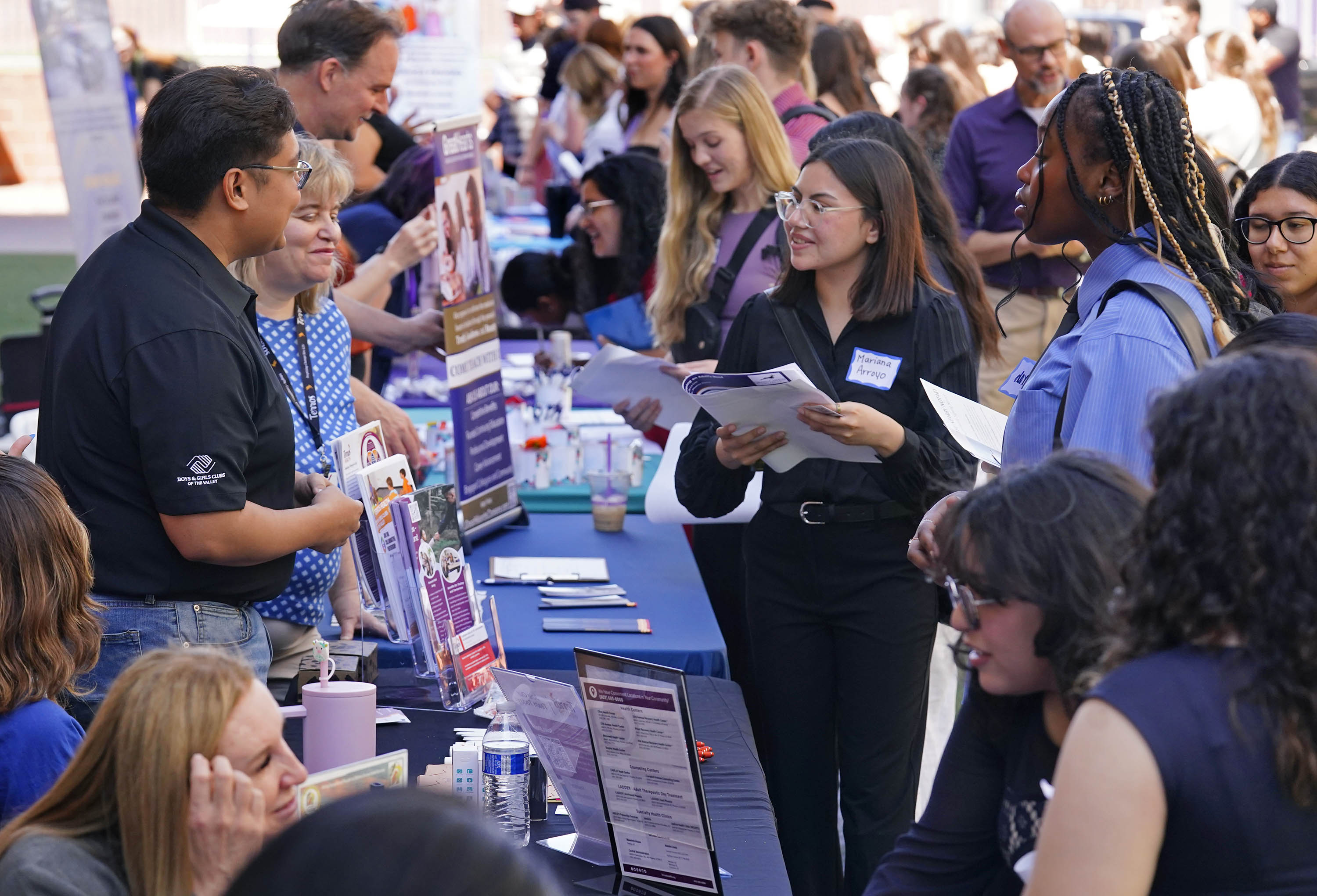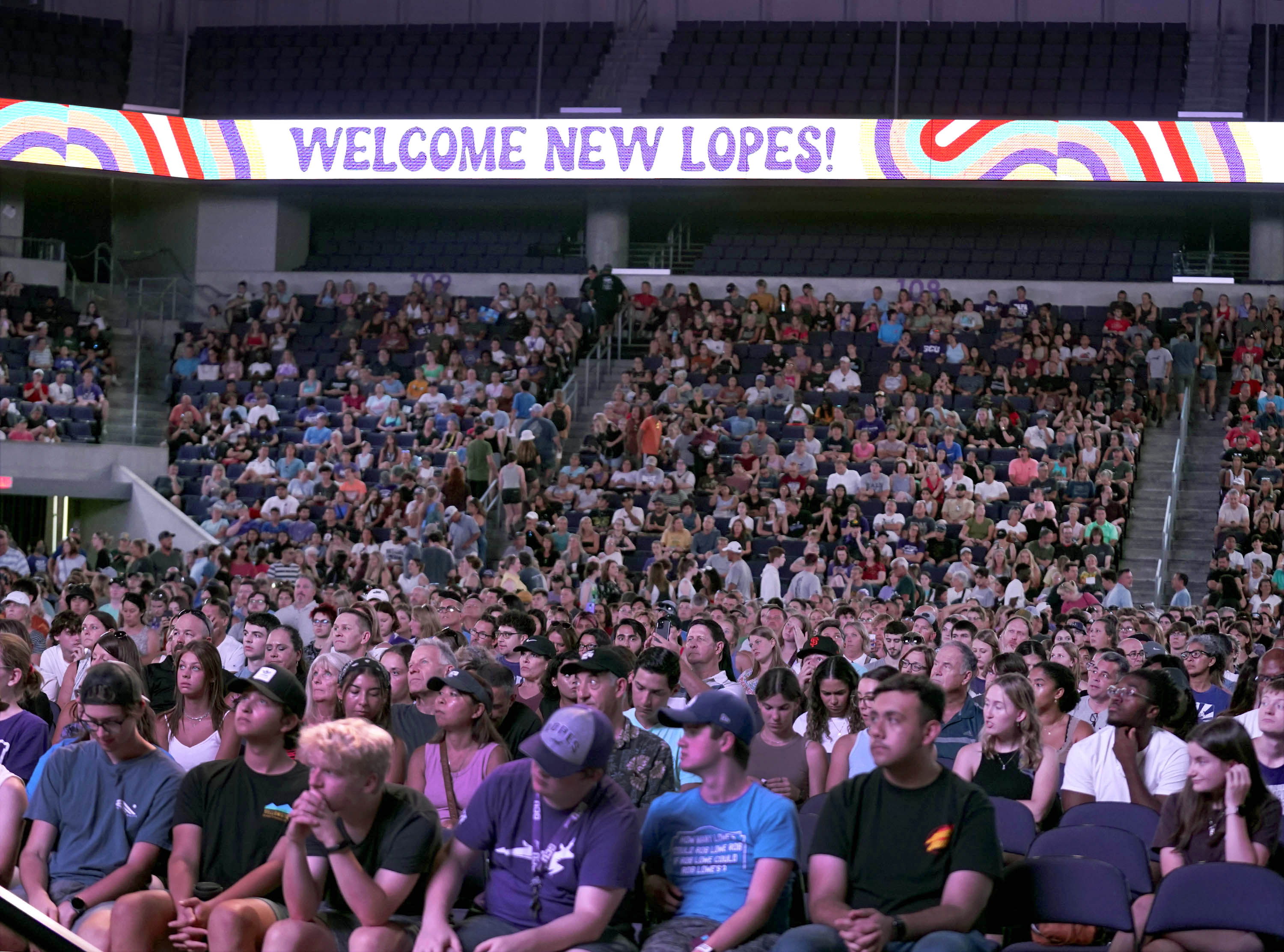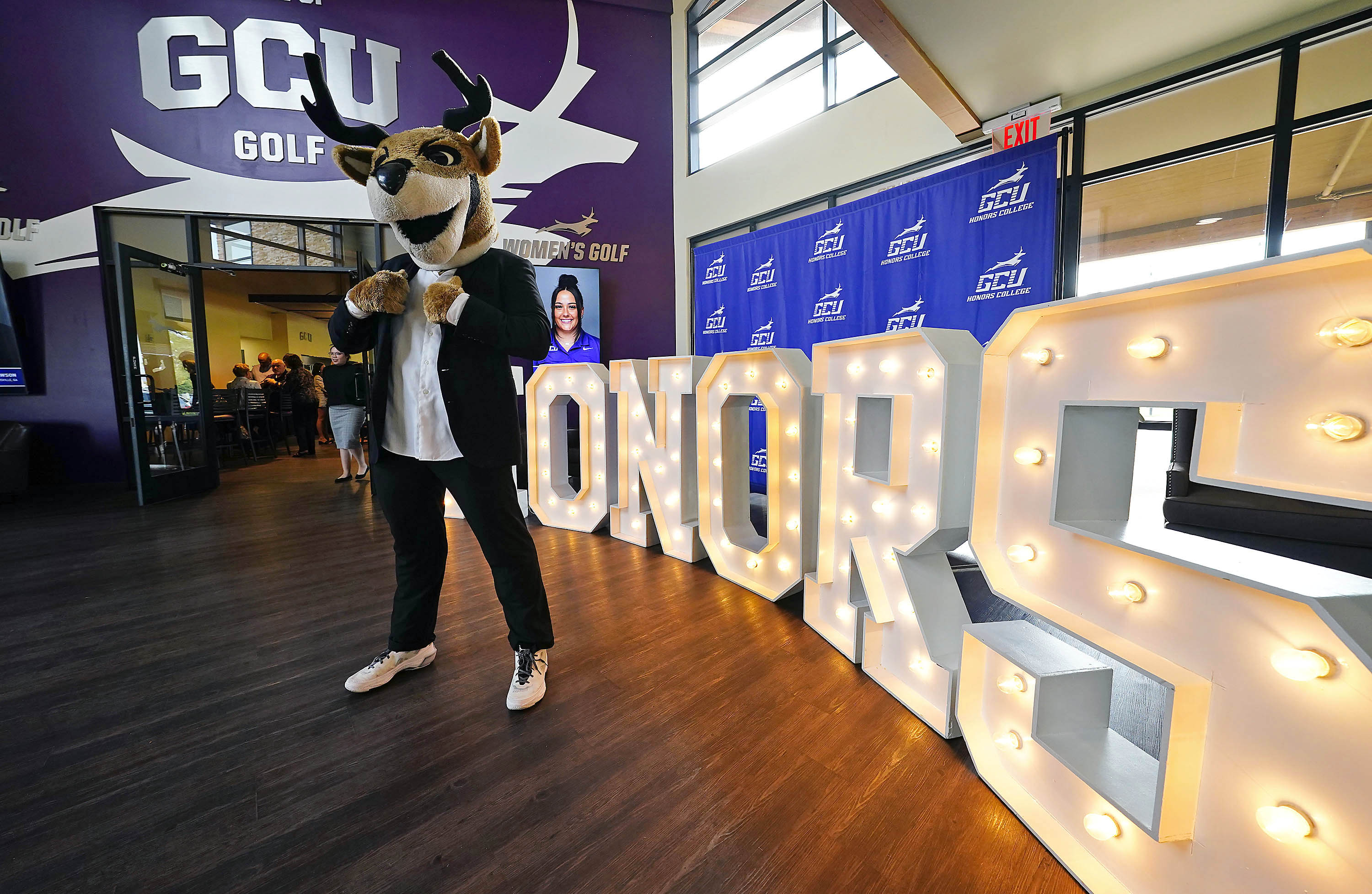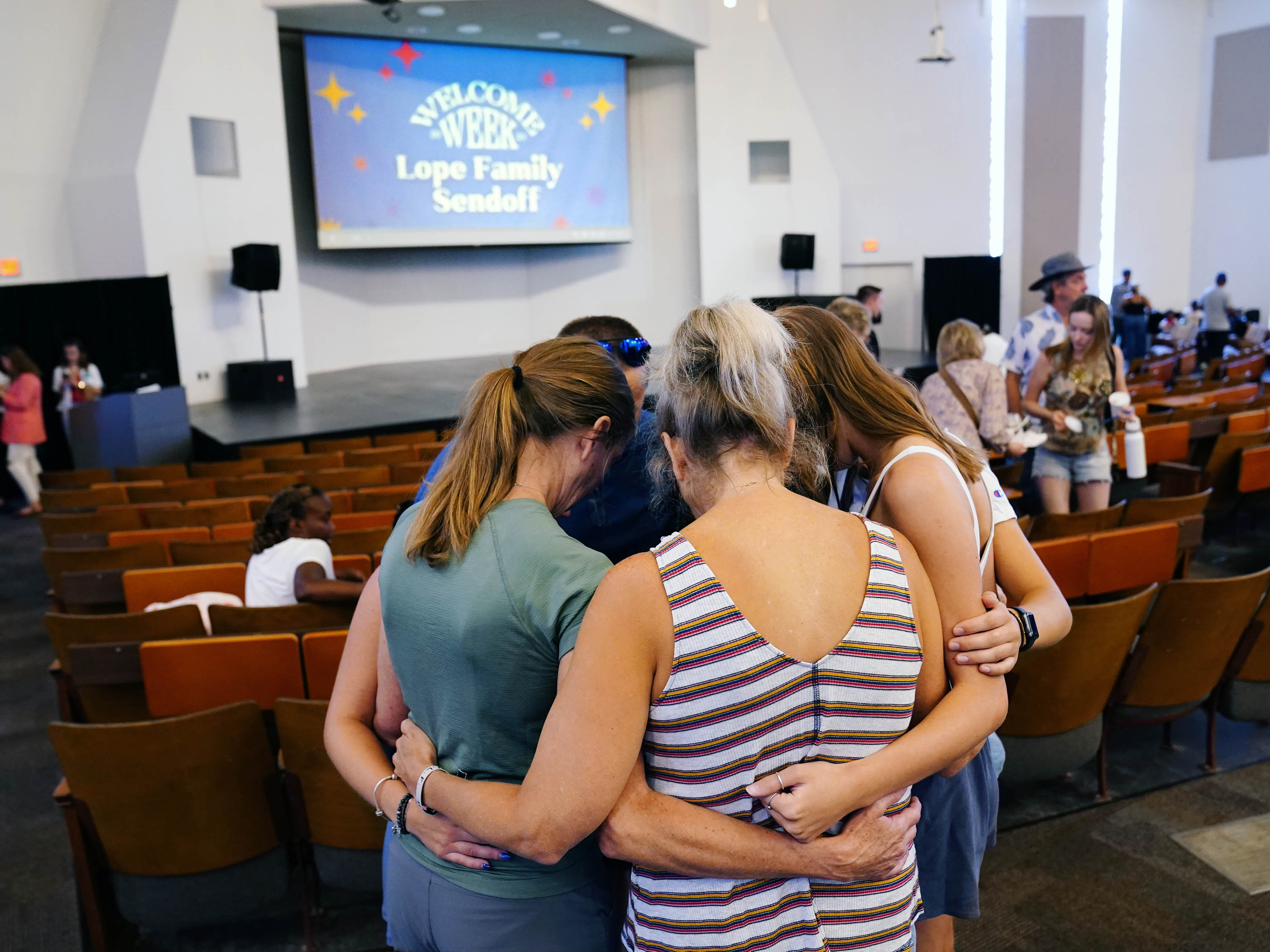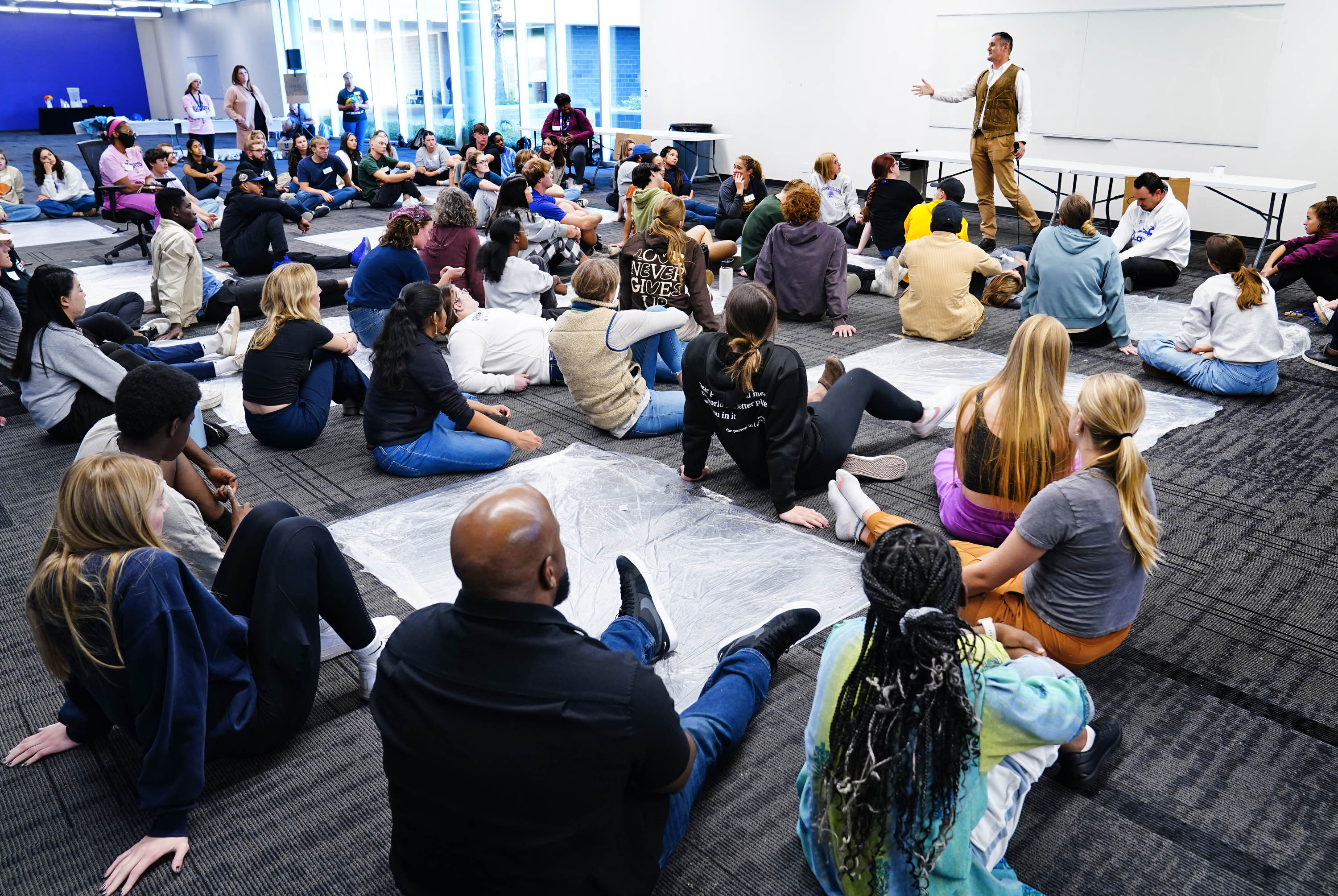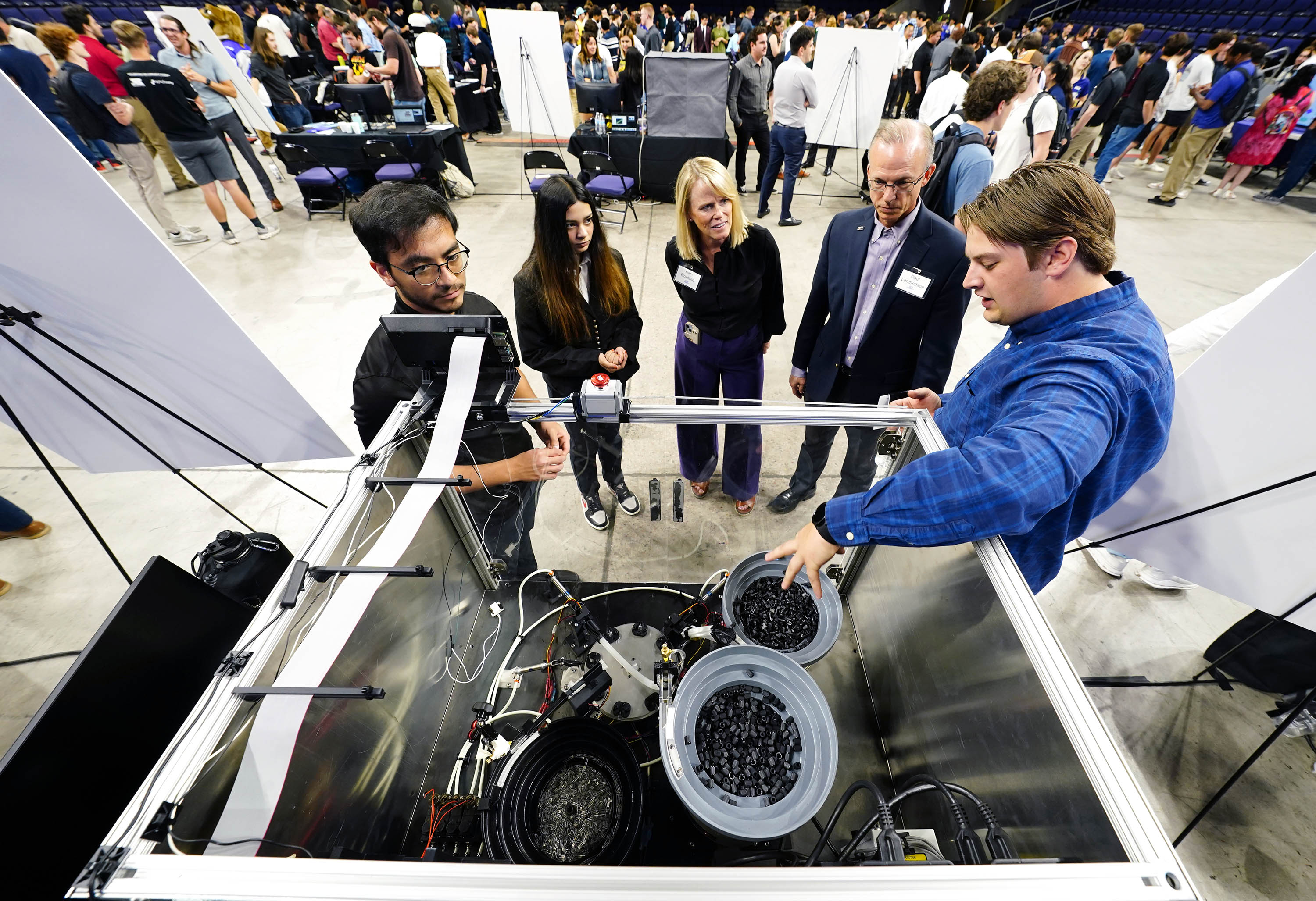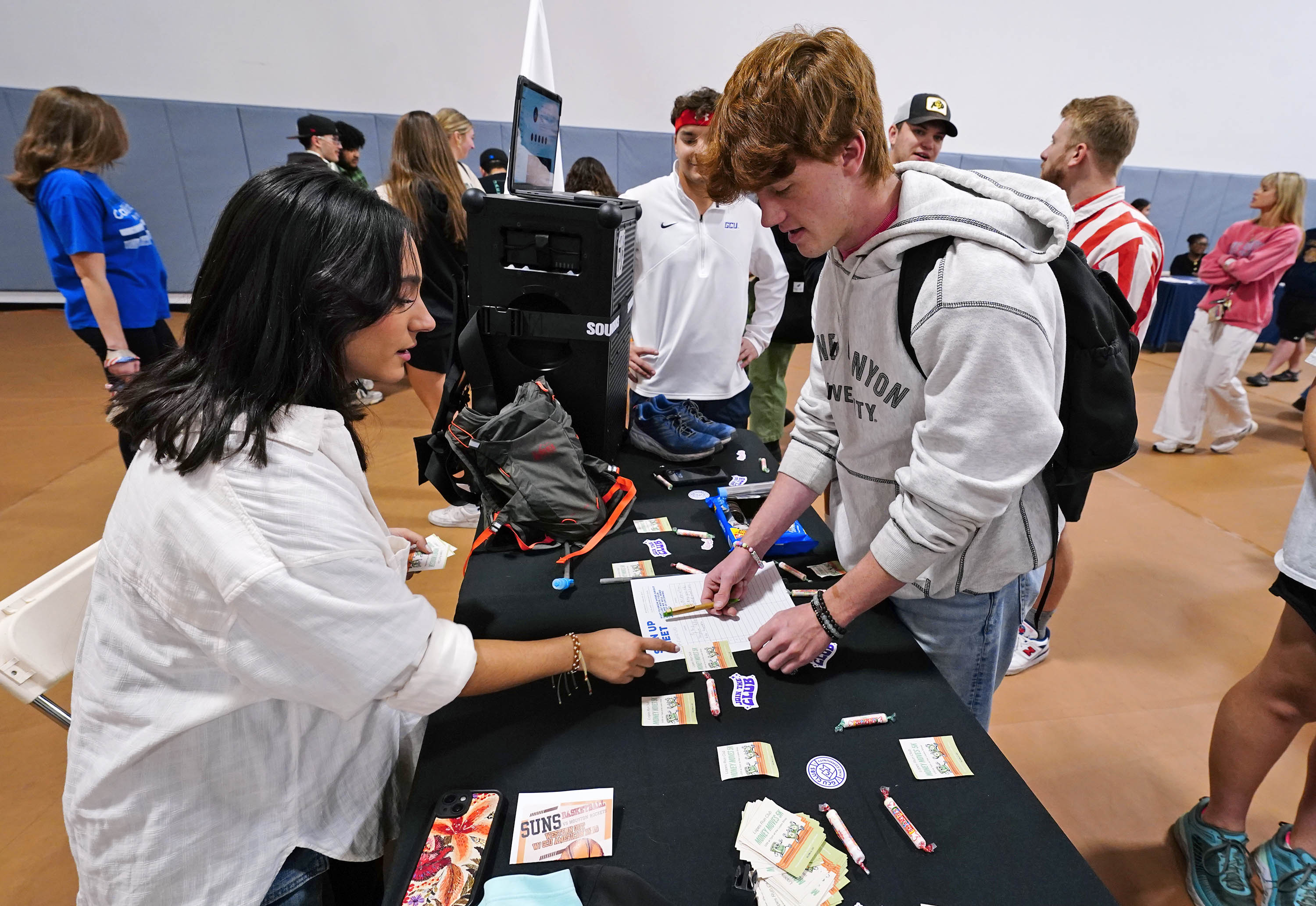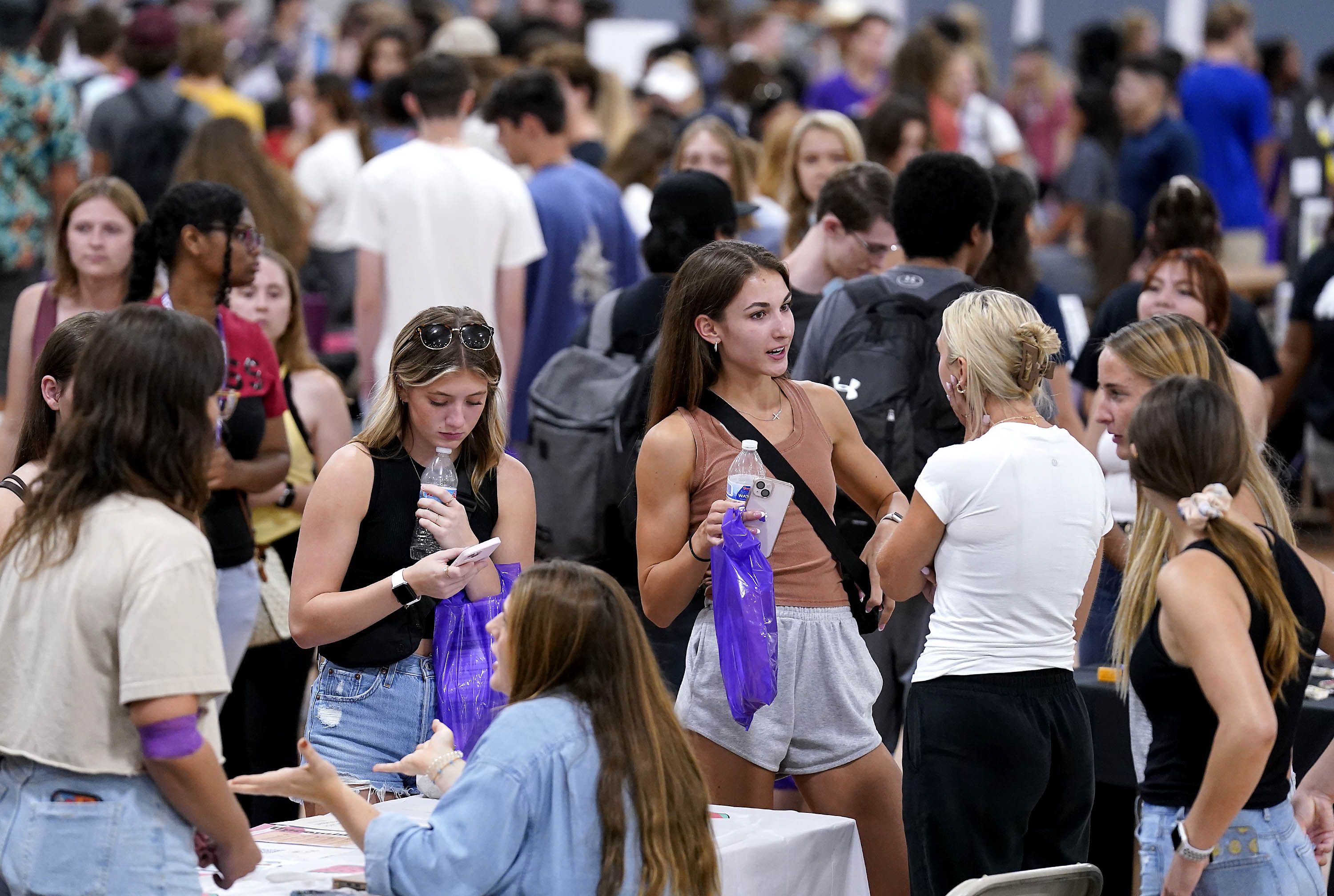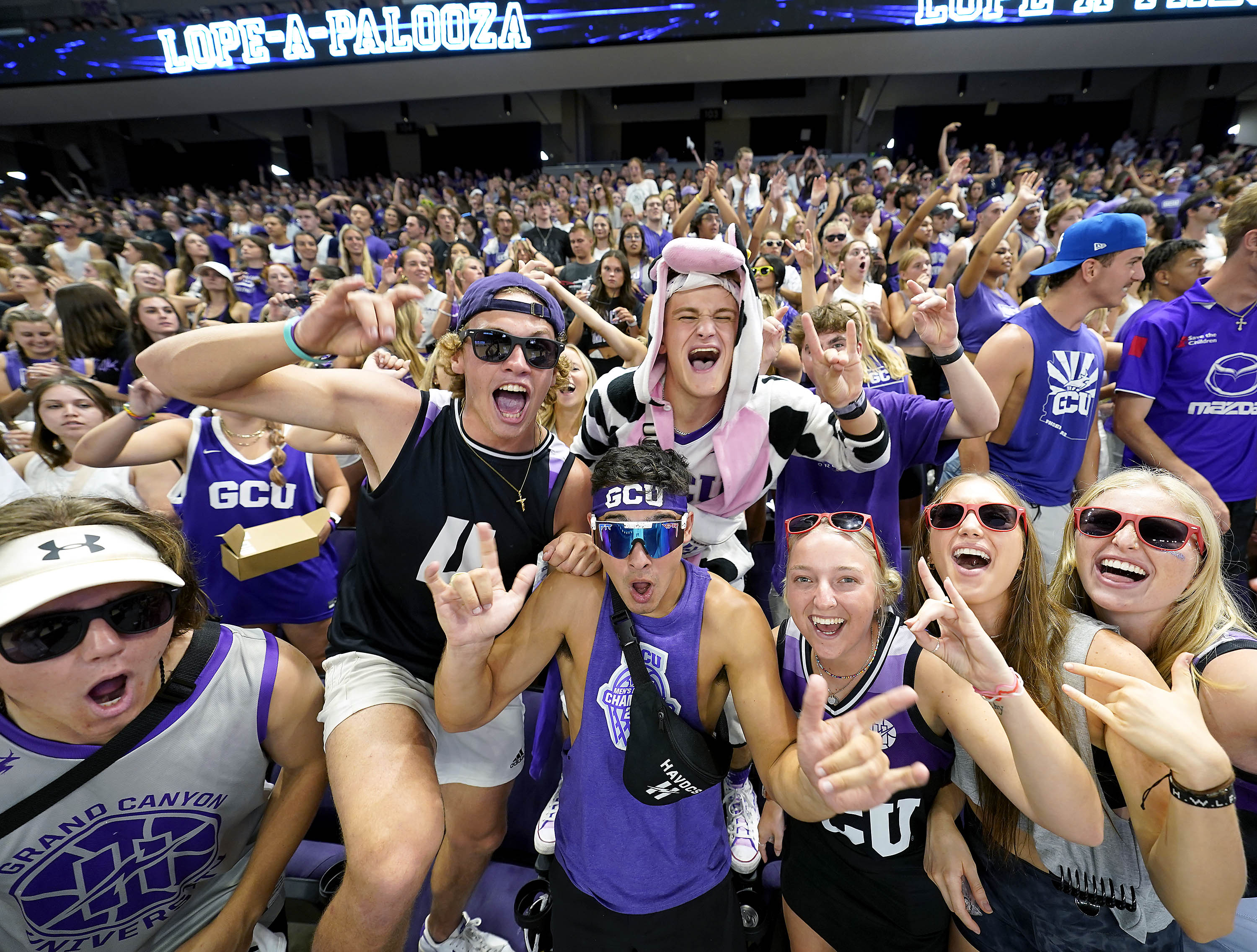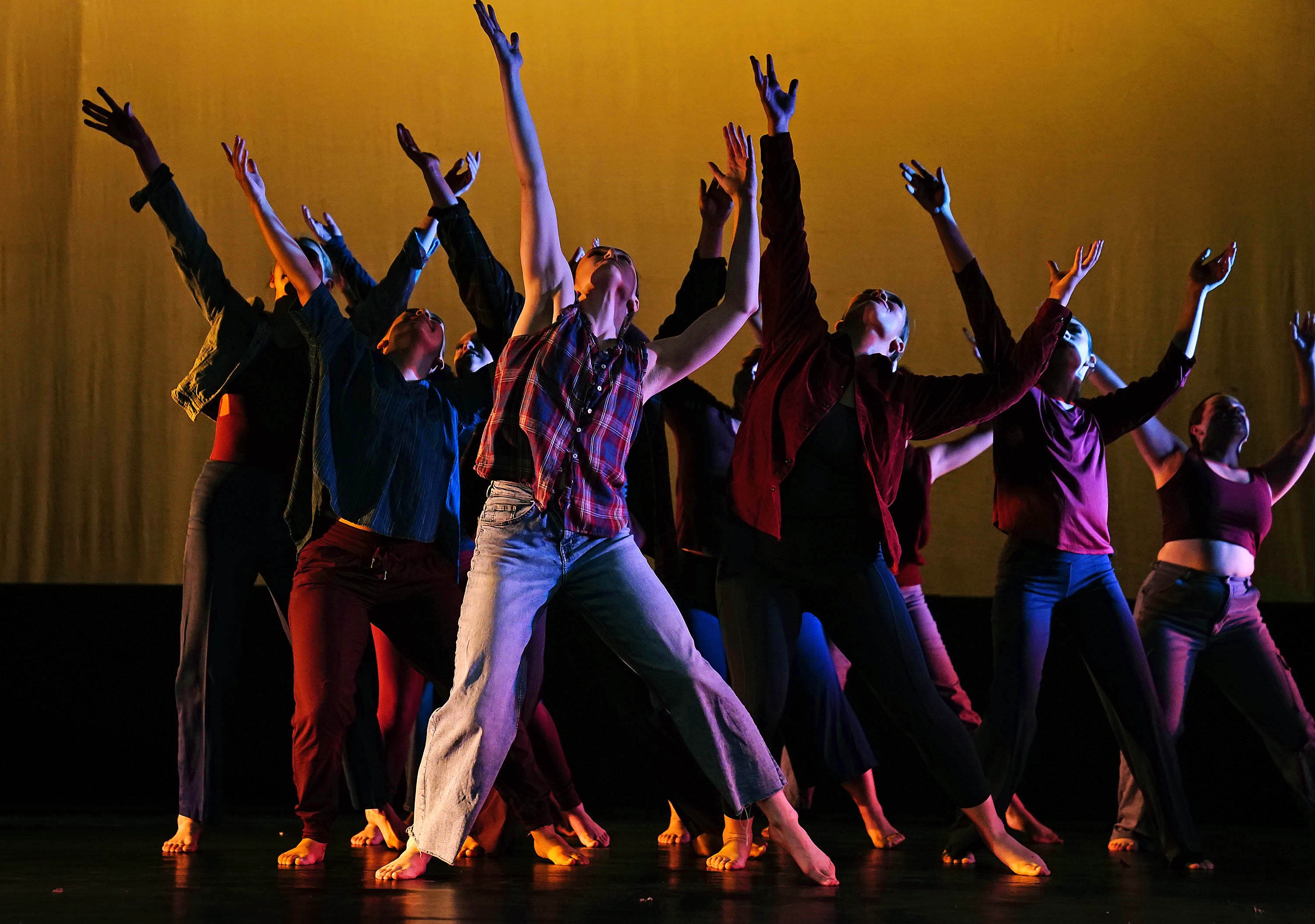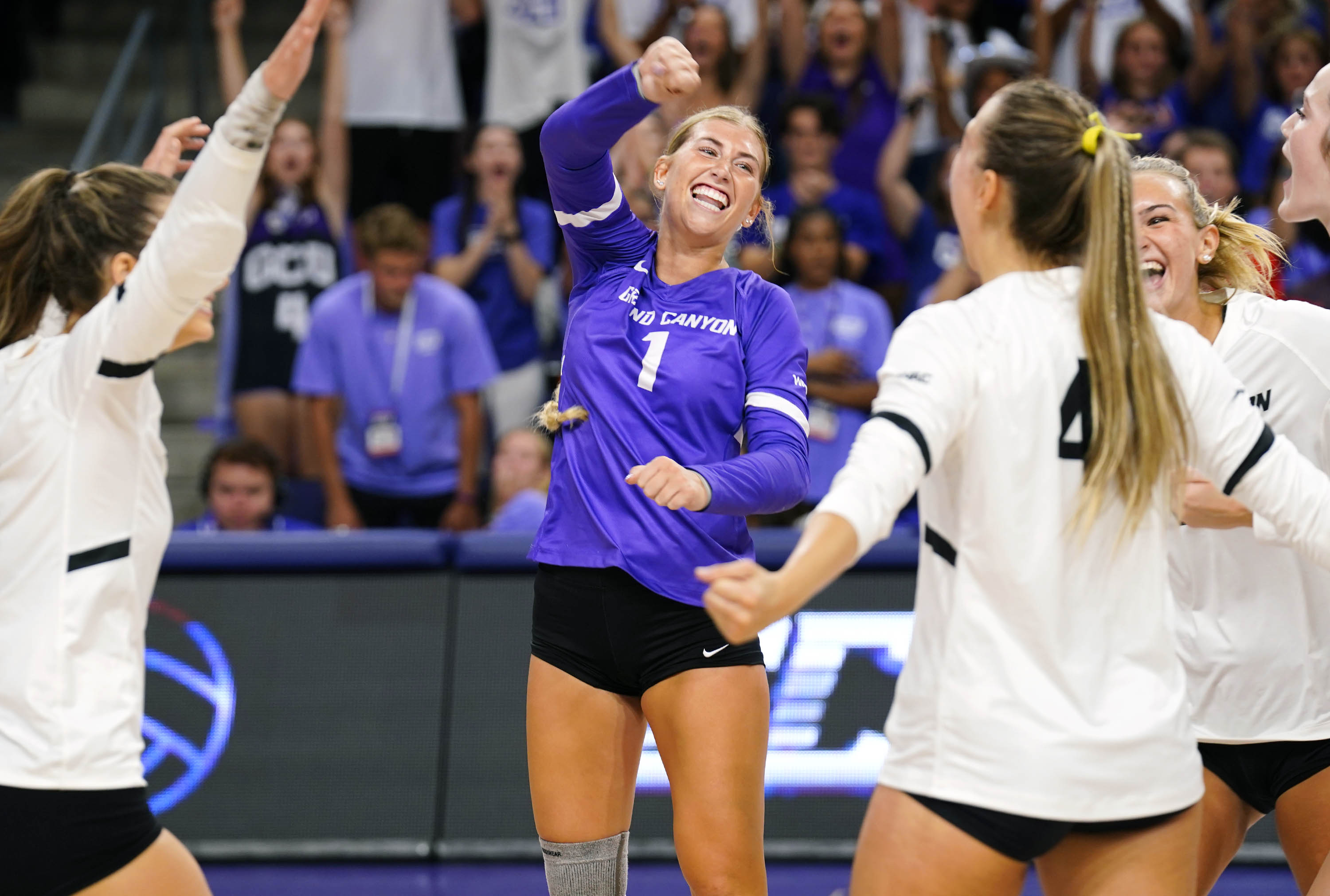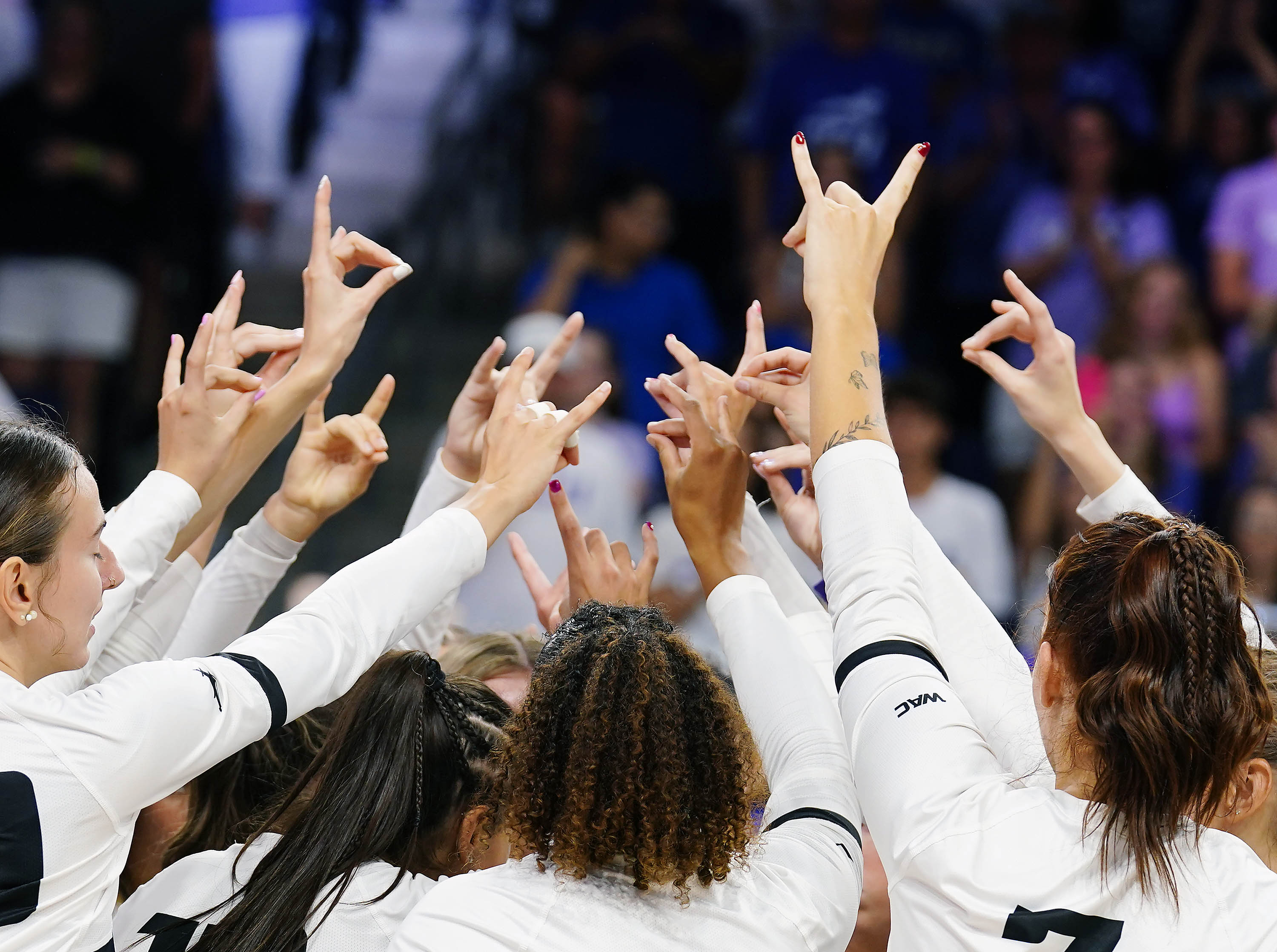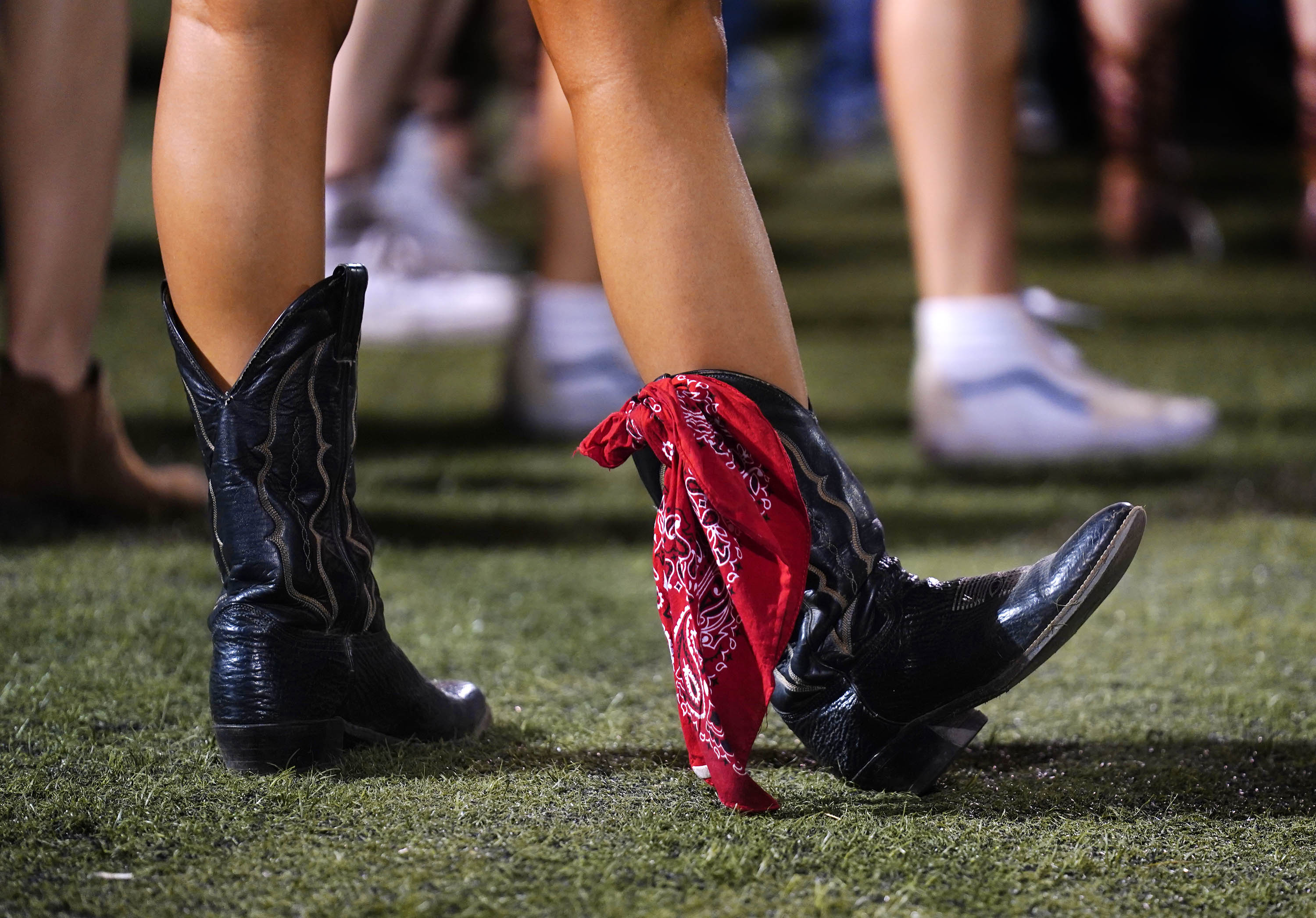By Rick Vacek
GCU News Bureau
As transitions go, what the University of Nebraska Omaha had to navigate in 2011 when it announced its move to NCAA Division I was like jumping from the frying pan into a five-alarm fire.
To make the move to the D-I Summit League, the university made the painful decision to disband its highly successful programs in football (14 consecutive winning seasons in Division II from 1996 to 2009, three of them with 10 victories) and wrestling (six Division II championships in the last eight years). On top of that, the wrestling team – coached by Mike Denney, who had been at the school 32 years – had earned its third successive national title the day before, and the football team had just signed about 20 recruits. Coaches and athletes alike were shocked.
Trev Alberts, UNO's director of athletics, said the reason was financial: The football program was losing more than a million dollars a year, and the Summit League doesn’t have football or wrestling. And in the irony of all ironies, Alberts is a former star linebacker for the Nebraska Cornhuskers football team.
“We don’t have any guarantees that this will work,” Alberts said at the time. “But we do have one guarantee, that the status quo was not going to work.”
“Our expenses were completely outpacing our revenue at Division II,” said Josh White, senior associate athletic director. “If we had gone Division I in football, we would have had to go from 36 to 63 scholarships, and that would have cost more than a million dollars. In our market, football wasn’t going to translate into fan support.”
Three years later, the noise has subsided, and the athletic department’s financial picture – with its highly successful hockey program leading the way – is making the move look prescient.
Thad Livingston, sports editor of the Omaha World-Herald, said, “There still are small pockets of people who followed those sports and aren’t happy about it, but no doubt it has gone down. Reasonable people came to reasonable decisions. … From what I see here, the transition has gone unbelievably well, and one reason is that they got rid of football. I’ve seen other transitions that were nothing like this. The main thing they had to do was weather the storm of dropping two sports. But now that it’s behind them, things should be rosy for them.”
Still, it’s the classic case of the D-I transitioner trying to elbow its way onto the front page. Here are the current headlines:
Location, location, location
The campus is right in the heart of Omaha, but Creighton, which had a nationally ranked men’s basketball team last season, is just seven minutes away and Lincoln, where the main campus of the University of Nebraska is located, is about an hour to the southwest.
“We’re in a tough spot, sandwiched between Nebraska (Lincoln) right down the road and Creighton here in town,” said Dave Ahlers, director of athletic media relations.
But it’s not as if UNO is being ignored. Livingston said the newspaper has a writer and often a photographer at all of the university’s home hockey and basketball games and sends staff to road games as warranted. The hockey team gets more attention because of its popularity.
“They’re the only hockey program in the state, so we dedicate a lot of time and space to them,” he said, adding that he expects the men’s basketball team to also trend up when it is eligible for the NCAA Tournament in 2016 – and plans to have his department respond in similar fashion.
History lesson
Began with 26 students as Omaha University in 1908; merged with the University of Nebraska in 1968.
Campus life
Enrollment is 15,227, but about three quarters of students commute. There was no on-campus housing until 1997.
Conference
The Summit League is a mid-major and includes several fairly recent transitioners to D-I. When GCU joined the Western Athletic Conference last year, the opening was created when the University of Denver bolted to the Summit.
Former students of note
Actor Peter Fonda heads the list. The football program produced Marlin Briscoe, the first African-American quarterback in professional football, and Greg Zuerlein of the St. Louis Rams, who has become one of the best placekickers in the NFL. Dan Ellis, an NHL goaltender the last 11 years, is among the hockey players who came out of UNO.
D-I effect on athletic facilities
Building an $81.3 million arena that is scheduled to open in the fall of 2015. It will seat 7,500 for hockey, a little more for basketball and volleyball, and will have a practice rink as well.
The hockey team currently plays in CenturyLink Center, a 16,000-seat arena on the other side of the city, and for practices players have to drive as much as 25 minutes to various rinks around town.
The men’s basketball team plays 10 minutes south in a 3,500-seat facility in suburban Ralston, and the women’s team is on campus in Sapp Fieldhouse, built in 1949, which seats 2,800 but lacks the amenities of most D-I facilities.
Newsy numbers
Hockey provides more than 90 percent of the athletic program’s ticket revenue. The hockey team averages about 7,500 per game and has ranked in the top five in the nation in attendance for about the last decade; men’s basketball gets about 1,500 a game. “Hockey is sort of the financial engine of the department,” Ahlers said.
Fun fact
The UNO baseball team has won two consecutive Summit championships. However, when it traveled to Phoenix in March for a series against GCU, the Antelopes won three of the four games.
ABOUT THIS SERIES:
Part 1: GCU came up a winner in Year 1 of D-I. Sidebar: Nebraska Omaha.
Part 2: How three veteran coaches approached and managed the first year. Sidebar: University of the Incarnate Word.
Part 3: Antelope athletes talk about what it took to move up to D-I from D-II. Sidebar: Abilene Christian University.
Part 4: GCU isn't the only university trying to establish itself in a competitive sports market. Sidebar: University of Massachusetts Lowell.
Part 5: Changes and challenges often mark the second year of the D-I transition. Sidebar: Northern Kentucky University.
Contact Rick Vacek at 602.639.8203 or rick.vacek@gcu.edu.



